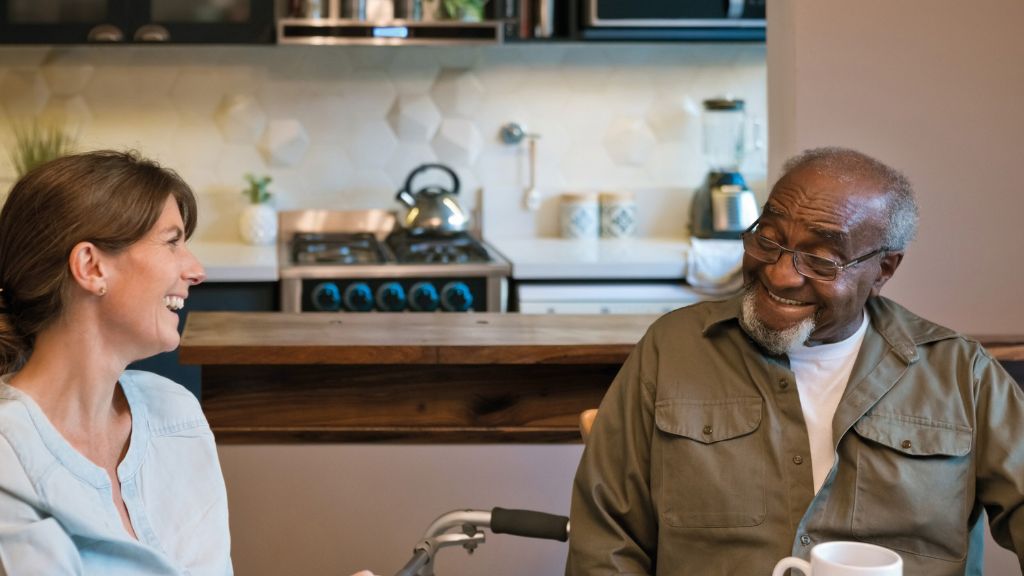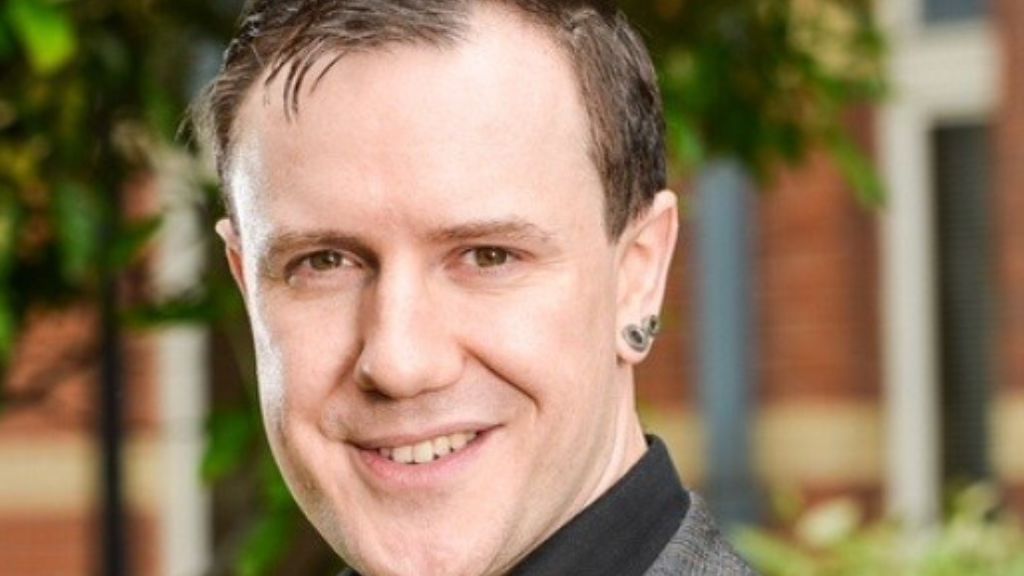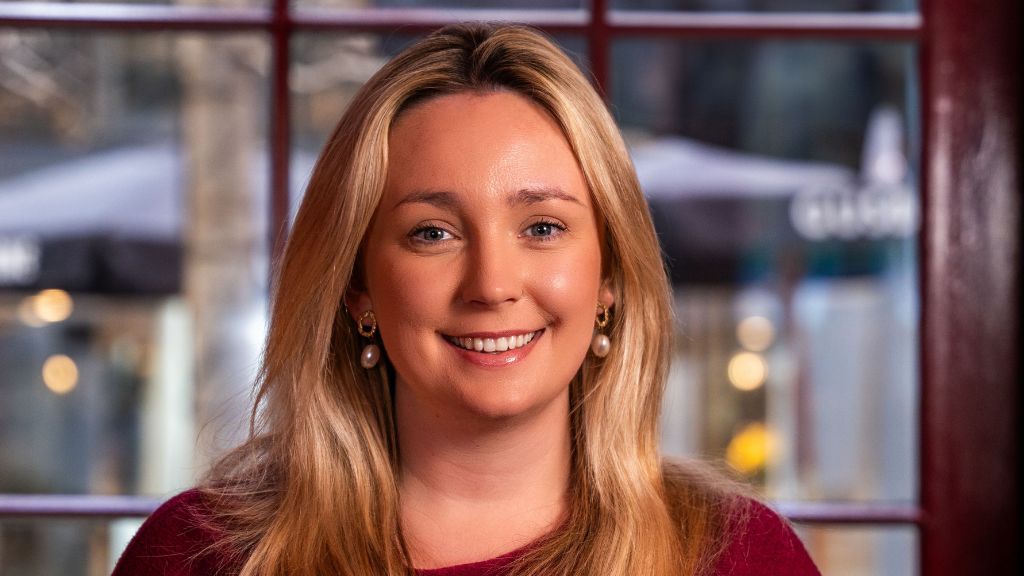INTERVIEW: Home care work ‘even more difficult’ than in care homes, says Visiting Angels CEO
Caring Times editor Sam Lewis catches up with Dan Archer, UK chief executive of Visiting Angels, who reveals his path to working in home care, why local authorities are not to blame for low sector wages, and his keys to fixing social care.

How’s business at the moment?
We have 71 locations now in the UK, just over 1,400 carers, and growing every month. I’ve always said recruitment and retention is the biggest problem that everybody’s got, and while it’s not easy for us, we’ve given ourselves an advantage in that respect.
With the changes to the health and care visa back in March, has that made a noticeable difference for you in terms of recruitment?
I don’t think we fix 160,000 vacancies in adult social care by finding 160,000 people from somewhere else in the world. They don’t realise how hard the job is, so bringing them to the UK – they figure it out pretty quickly, right?
In my view, it was always doomed to fail. It was never the solution that we needed, and the numbers support the decision the government has taken. 100,000 people into the UK on short-term care worker visas, and the net job creation benefit of 8,000 – that doesn’t work.
The problem with the steps that the government has taken is that they’ve shut the door on people coming in, but they’ve not fixed the underlying problem in social care, which means that the vacancy rate is going to increase.
If 100,000 people came into the UK for a net job creation benefit of 8,000, that means some people went home. I can only presume they got here, realised it wasn’t what they thought it was, and went back home; or they were overqualified, which meant they got hoovered up into nursing support; or else they displaced UK workers, and those UK workers will still be leaving the sector at the rate they were previously.
We now don’t have many foreign workers coming in to replace them, so if you’re a betting man, I think the vacancy rate in adult social care is going to be over 200,000 [in the next Skills for Care report].
How did you get involved in Visiting Angels to begin with?
I’ve always said people don’t know about what we do unless they work in the sector or they or a family member has received care, and that’s exactly what my starting point was – the care we received for my nan was at best substandard. There were dangers, lots of different personnel, irregularity around the time of visit. My nan always used to say she only knew she was getting care when the blue tabard showed up – she didn’t know the people.
Over about nine months, with that service not improving in any way despite our complaints, I saw the very worst of the sector. In the end, a carer not attending a visit led to my nan falling, and after a period of time in hospital she passed away. That was my first exposure to social care.

A few months later, I was speaking at a conference in Telford to a room full of franchise industry people about Twitter. This was 2011. One of the people that saw me speak was Trevor Brocklebank, the founder and chief executive of Home Instead. We spoke about his business and my nan’s experience, and I came away from that conversation with the overriding feeling that if we’d had Home Instead looking after her, she probably still would have been with us.
I could absolutely tell what his business did was markedly different to the experience that we’d had. A couple of weeks after that, I was approached by a headhunter who said that Home Instead was looking for somebody to be head of marketing for the UK. In the space of a year, I went from knowing nothing about the sector, to first-hand experience of a bad service, to then working for one of the best providers in the world.
After I cut my teeth learning with Home Instead, and directly prior to starting Visiting Angels, I was UK MD of a business called ProMedica24, which is Europe’s largest live-in care franchise.
I was at another conference in June 2016 and awoke to the news that we had voted for Brexit. The business model for ProMedica was that we had recruitment teams in European countries finding care workers and bringing them to the UK. I realised things were going to need to change.
In February 2017 I resigned and was placed onto gardening leave, so that’s what I did: some decorating, some gardening, and generally getting under my wife’s feet, which led her to tell me: “Just get out the house and go and be gainfully employed again.”
That’s when I started the research on what became Visiting Angels UK.
Had you heard of the company before?
Visiting Angels is in five countries, has 800 locations around the world, and has been in the US since 1998, so I somewhat knew the brand but not the people. I took a bit of time to get to know the people – I wanted to understand who it was I was going to be dealing with on a day-to-day basis. Then I started doing the research for the launch of the business and looked at nearly 50 care providers in the process: franchised domiciliary care, non-franchised, corporate and independent, extra care, residential – I did a proper sweep of the market to see what was happening in the sector as a whole.
What shocked me was that none of them had a people-focused mission statement. If they had mission statements at all, they were focused on clients and care delivery. They wanted to be an outstanding care provider, to provide care the way a family member would expect, but nobody was talking about their staff.
I thought that was bizarre, because that’s the biggest problem in the sector.

I know your ethos at Visiting Angels is something akin to ‘happy staff equals happy clients’. Can you give me an example of how this plays out?
There are practical operational examples. The most tangible customer benefit is that consistency in the workforce means the same carer comes every week, which is ultimately all the client ever wants. You can’t replace that consistency and continuity. Even for a more basic companionship case, you can’t just give someone a different face in a uniform every week. Putting staff first means a happier, more stable workforce, which means I can afford my clients the choice of who delivers their care.
Something called ‘choose your caregiver’ is part of our onboarding process. After we’ve done an assessment, the next meeting we do with the family lets them choose the caregiver that they are happiest with.
‘Beware the shadow you cast’, is something I say a lot. That means we don’t always need to be with somebody 12 hours a day; if our interactions are positive, then they last for hours after we’ve left.
Unfortunately, the sector now talks about care provision in a very impersonal way, which is deeply ironic given the person-centred orientation that we’re supposed to have. We talk about ‘service-users’ like it doesn’t matter what someone’s name is, and we talk about carers like they’re disposable sometimes. To my mind, the most valuable resource in any care business is the care team. Unfortunately, we are one of relatively few organisations that think this way.
What are the biggest challenges you are facing as a business?
The challenges remain the challenges in the wider sector. Even though we’ve given ourselves an advantage when it comes to the recruitment, we would still like more of them because demand is overwhelming. The combination of an ageing population and the social and population dynamics within the UK mean that we simply have more elderly people than other countries have.
Outside of that, one of the challenges that we face is that the sector as a whole, and its approach to its staff as a whole, has led to a culture and a belief from many who work in care that some of the practises are accepted as normal. We would argue that some of the things that go on are absolutely not normal.
For example, we sometimes tell a worker that we pay for their travel time and mileage, and they don’t understand what that means because not being paid for travel time has been normalised at other providers. That’s problematic for me. We need to have an honest conversation about the fact that travel time is work, and therefore people need paying for it.
Do you believe Labour will make improvements in social care where the Conservatives were unable to?
The main parties are spending lots of time pointing out what their differences are. The one thing they seem to agree on is that they don’t want to talk about social care. The one place where there is cross-party unity, ironically, is on a conspiracy of silence on social care. It’s ridiculous because, no matter which flavour of government we get, it’s the one inevitable fight that we’re going to have to face over the next five to 10 years – someone actually needs to do something about it.

There are elements of Labour’s policy which are interesting. The suggestion that zero-hour contracts will be scrapped is one I support. I absolutely believe that travel time is paid work and therefore people should be paid for that work. I also believe that the pay rate for home care workers is disgracefully low in many instances. For Angela Rayner to suggest they’ll review care worker pay, that’s terrific. How it’s going to be funded is a massive question mark, however.
Equally, I don’t share the enthusiasm that some have for the nationalisation of the social care sector. If I’m completely honest, many of the problems that exist today exist because of local authority commissioning of care. There’s an argument to say that there are plenty of innovative approaches which are being made in the private sector which the government could learn from. Just centralising it is not going to be a fix to this. It needs resourcing properly, and it also needs the right approach to strategy, because it’s not just about money.
I talk about what Visiting Angels pays, I talk about proper contracts, and people say to me, “It’s all right for you, Dan, you’re a private provider, you can afford to do all of that.” What they don’t understand is that it’s not just about money.
A substantial amount of the work we do is about culture and employee engagement. It’s about recognising what the stress points are in the job and trying to do something to alleviate those. At its very core, being care-centric is trying to see the world of a carer through their eyes.
Proper pay and proper contracts are just the start point for a discussion. What you’ve then got to do is try and engage with the sector in a way to not only do something about safeguarding those that work in care currently, but also do something about making the job more appealing to a proportion of society that currently doesn’t want to work in care.
There is an arrogance from everybody involved in decision-making within the country because they won’t accept that population dynamics are the major driver of what we’re experiencing right now. The baby boomer generation was exceptionally large, and the generation following it is smaller and the generation following that is smaller again. It’s not about European migration, and it’s not about pay rates and contracts. It’s about the fact that every part of society is facing a search for fewer workers. And, relatively speaking, care jobs are harder, more complex and more stressful than it is to sit on a till in Tesco.
When you’re talking about societal level problems, we need big-picture thinking. Tinkering around the edges frustrates me. It’s a five- or 10-year project, and it needs cross-party agreement and better integration between the NHS and social care.
There needs to be more of an honest conversation and honest politicians are not things that are in large supply. The reality is that no party can say they’ll properly address social care without talking about the cost. The reason nobody was willing to talk about it much pre-election was that talking about tax rises is not a vote winner, but it is the inevitable consequence of what we’re facing as a country.
How do we get through to politicians and get them to address the problems we’re talking about?
There’s a narrative shift that’s needed. It’s not just down to lazy politicians. Everybody within the entire sphere of this, whether it’s at client level, commissioning level, employers, employees, councils, media, politicians, civil servants – everybody needs to own the bit of this that they’re responsible for.

I cannot abide the argument from care providers who say they cannot afford to pay staff better. I cannot abide the lack of responsibility in saying the reason their staff are paid so poorly is because of the local authority. Employers decide what employees get paid. If you cannot tender at an economic rate, you should not tender at an uneconomic rate.
What do you think of the not-for-profit model?
As a commercial individual I would say there has to be some element of a profit motive in order for people to consider investing in something which requires investment. If you take the profit motive away from it, then you are fully dependent on people doing it because it’s the right thing to do or, or it being funded centrally. The problem with that is, you get an inherent lack of efficiency when it’s someone else’s money.
It’s a conversation about where the money comes from that needs to be had, and right now it’s coming from the wrong places. At the moment it’s coming from care workers being paid minimum wage or less. Paid driving is the wrong place for it to come from. It absolutely should not be coming out of the pockets of some of the poorest paid workers in the country. We can talk about unpaid carers as well, or a system where agency workers earn huge hourly rates compared to other care workers. The last people who should be propping the system up are the workers who are already not paid enough and the private clients who are already paying for 100% of their own care, but that’s the predominant business model right now.
What else is going on with Visiting Angels at the moment?
We’re involved in Home Care’s Got Talent, which includes Visiting Angels and several other providers. It’s the first year doing it. We have seen the Care Sector’s Got Talent initiative, but unfortunately most of it tends to be residential, so what we’re trying to do with this is specifically target home care. The Homecare Association is involved and we’re doing it for The Care Workers Charity, and as much as anything I value the opportunity to celebrate how talented carers are, especially home care workers.
I think that the job of the domiciliary care worker is even harder than that of a residential care worker because it has to be more diverse. When you’re in domiciliary care, you don’t have a catering team or an entertainment team or a medication team – the home care worker does all of that – so this is our chance to shine a spotlight on that.




